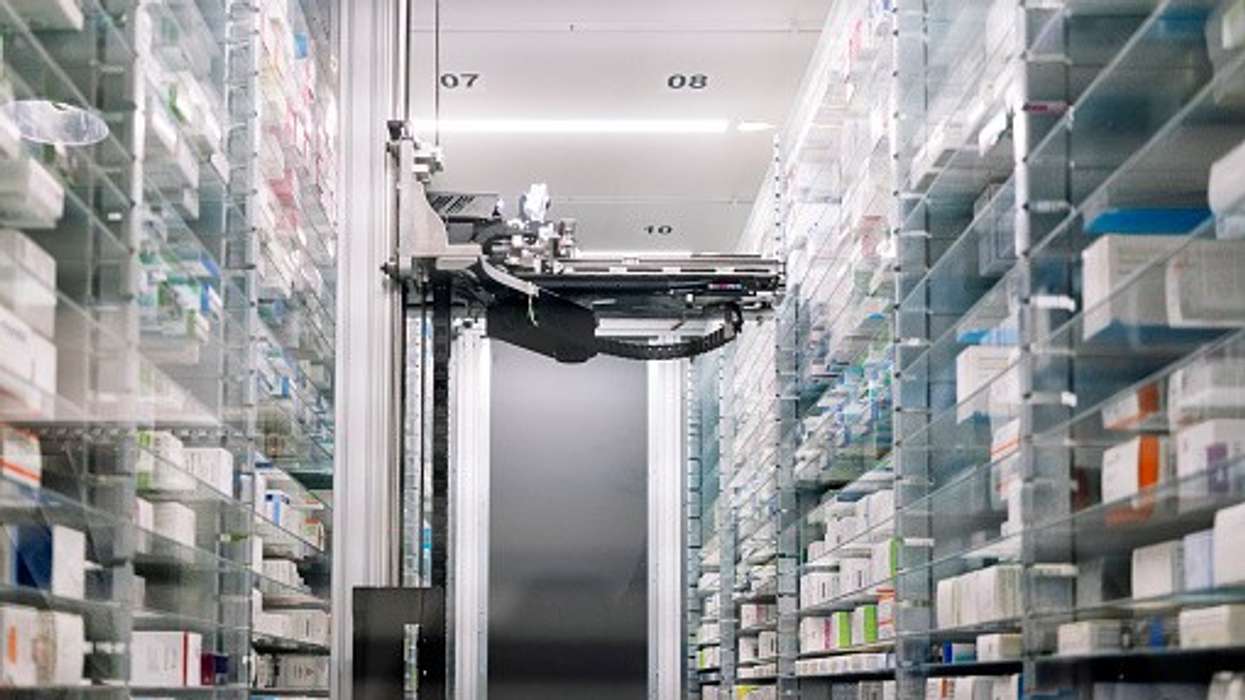Key Summary
- Wales to launch prepaid subsidy cards for people with coeliac disease this autumn
- Cards help cut costs of gluten-free food and ease pressure on GPs and pharmacies
- Scheme is optional, current prescription system remains available
The Welsh government introduced a new path-breaking system of debit-style subsidy cards for gluten-free foods on Friday for patients suffering from coeliac disease and gluten-intolerance.
The new prepaid card programme will be launched in the UK this autumn.
Coeliac disease is an autoimmune disorder where the body attacks its own tissues and a poor absorption of nutrients, caused by the protein gluten commonly found in wheat, barley and rye.
Bloating, vomiting, diarrhea, fatigue and ulcers are some of the common signs of the disorder, which can worsen to be osteoporosis, nerve problems, infertility and even small bowel cancer.
Around one in hundred people in the UK have coeliac disease, but just 36 per cent of people with the condition in Wales have a confirmed diagnosis, said the charity Coeliac UK
Gluten-free diet is believed to add 35 per cent more to an individual’s food bill.
This new “cost neutral” system helps to reduce the food bills of patients with specialised diet along with the reduction of burden on GPs and pharmacies.
Patients struggling with coeliac diseases, dermatitis herpetiformis and gluten-intolerance are eligible for the card.
The card scheme has been tested at the Hywel Dda University Health Board for the past five years.
The subsidy cards will see patients receive money every three months. The amount of money will vary for individuals with regular reviews.
The card provides a wide choice of gluten-free foods, both online and in the supermarkets for the patients, apart from pharmacy prescriptions.
However, people in Wales can continue using the current gluten-free prescription system, just like in other UK nations.
“For people living with coeliac disease, following a strict gluten-free diet is not a lifestyle choice but a medical necessity. The scheme will contribute to reducing administrative burdens on GPs and pharmacies, while promoting a more effective use of NHS resources,” said Jeremy Miles, the Welsh cabinet secretary for health and social care.













